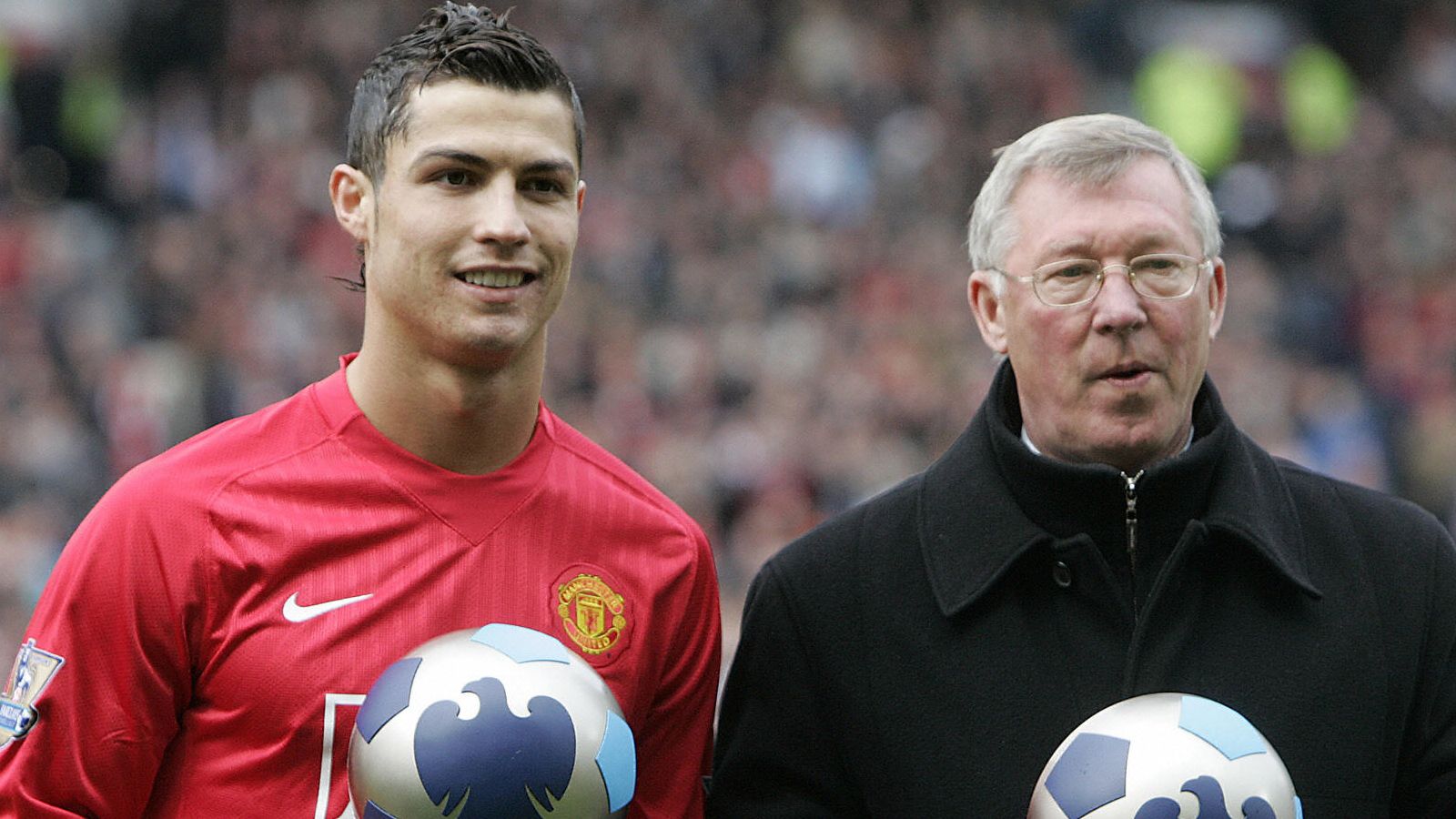Cristiano Ronaldo Clashed with Ferguson’s Hairdryer
Cristiano Ronaldo famously arrived at Manchester United as a fearless teenager, but one blast of Sir Alex Ferguson’s legendary “hairdryer” made even the Portuguese prodigy flinch. A former team-mate has lifted the lid on the now-mythic dressing-room moment that forced both player and manager to rethink their approach—and ultimately forged one of modern football’s greatest success stories.
Cristiano Ronaldo and the Hairdryer Moment
The scene unfolded in 2004 during Ronaldo’s formative Premier League season. United had laboured through a turgid first half, and Ferguson, furious at his side’s individualistic play, zeroed in on the winger. The Scot accused Ronaldo of holding the ball too long, ignoring runs, and showboating for the Old Trafford crowd. According to the ex-team-mate, the rebuke “tore strips off him”—and Ronaldo did not take it well.
Initial Shock and Silent Resentment
After the tongue-lashing, Ronaldo sat stone-faced, arms folded, refusing even a glance toward Ferguson. Friends inside the dressing room recall a bristling tension that lingered for days. For a young man far from home and with close family ties, public humiliation cut deep. But pride would not allow him to show weakness.
Ferguson Adjusts His Tactics
Recognising the forward’s delicate balance between confidence and defiance, Ferguson held a private chat the following morning. Rather than another confrontation, he offered constructive guidance: release the ball quicker, trust your team-mates, and you’ll become unplayable. The shift marked a subtle change in the Scot’s man-management. He realised that while some players responded to volcanic eruptions, others—like Cristiano Ronaldo—required nuance.
Ronaldo’s Reaction Fuels His Evolution
Still smarting, Cristiano Ronaldo channelled the sting into gruelling extra sessions at Carrington. He worked on crossing drills with Gary Neville, practiced one-touch combinations with Paul Scholes, and sharpened finishing with Ruud van Nistelrooy. Within months, the winger’s decision-making improved; step-overs were now followed by piercing passes or lethal shots. The following campaign he contributed key assists in crunch matches, validating Ferguson’s message.
The Turning Point Against Arsenal
Evidence of growth emerged in the 4-2 classic at Highbury in February 2005. Ronaldo scored twice, yet what impressed the staff most was his discipline. He tracked back, doubled up on Ashley Cole, and released Wayne Rooney with an early through-ball that led to a decisive goal. It was the first public sign that the chastening had borne fruit.
A Relationship of Mutual Respect
While never as close as Ferguson was to old guard heroes like Roy Keane, the manager-player bond evolved into mutual respect. Cristiano Ronaldo often cites Ferguson as a “football father,” and Ferguson later wrote that Ronaldo’s response to adversity set him apart from every youngster he had coached. Their shared obsession with improvement became the cornerstone of United’s 2006-09 dominance.
Legacy of a Dressing-Room Clash
• Three consecutive league titles (2007-09)
• The 2008 Champions League crown, where Ronaldo was top scorer
• A first Ballon d’Or for Cristiano Ronaldo in 2008
These honours might never have materialised without the original hairdryer blast and the adjustments that followed on both sides. For Ferguson, it was a lesson in tailoring motivation. For Ronaldo, it was proof that individual brilliance must be married to collective purpose.
Voices from the Dressing Room
Former captain Rio Ferdinand remembers the episode vividly: “I’d been on the wrong end of the gaffer’s temper, but this was different. Cristiano Ronaldo was still a kid. The silence after the rant was deafening.” Darren Fletcher adds, “He sulked for a day, then he was in the gym with ankle weights practicing crosses. That’s who he is.”
Modern Parallels
Fast-forward to the present and managers face a new generation schooled in social media validation rather than Ferguson’s hairdryer. Yet the core lesson endures: elite talent craves guidance that respects personality. Erik ten Hag, for instance, balances firmness with tailored feedback for today’s stars, aware that the wrong tone can fracture a multi-million-pound asset.
What It Means for Manchester United Today
United’s current rebuild underlines how crucial man-management remains. The club seeks leaders who can both challenge and nurture emerging talents—echoes of Ferguson’s refined approach to Cristiano Ronaldo. Whether academy prospects like Alejandro Garnacho or big signings such as Antony can follow Ronaldo’s trajectory depends on coaches striking the same careful balance of demand and support.
Opinion: The Fine Art of Tough Love
Ferguson’s blast was harsh, but without it, Cristiano Ronaldo might have stayed a flashy winger rather than evolving into a complete attacking force. The exchange illustrates that “tough love” works only when married to empathy and clear direction. In today’s era, where egos are global brands, managers must still deliver hard truths—but as Ferguson learned, the delivery must fit the player. The hairdryer may be outdated, yet its underlying principle—demand excellence, then show the path—remains timeless.
Your global gateway to nonstop football coverage:
Goal Sports News
Share this content:
